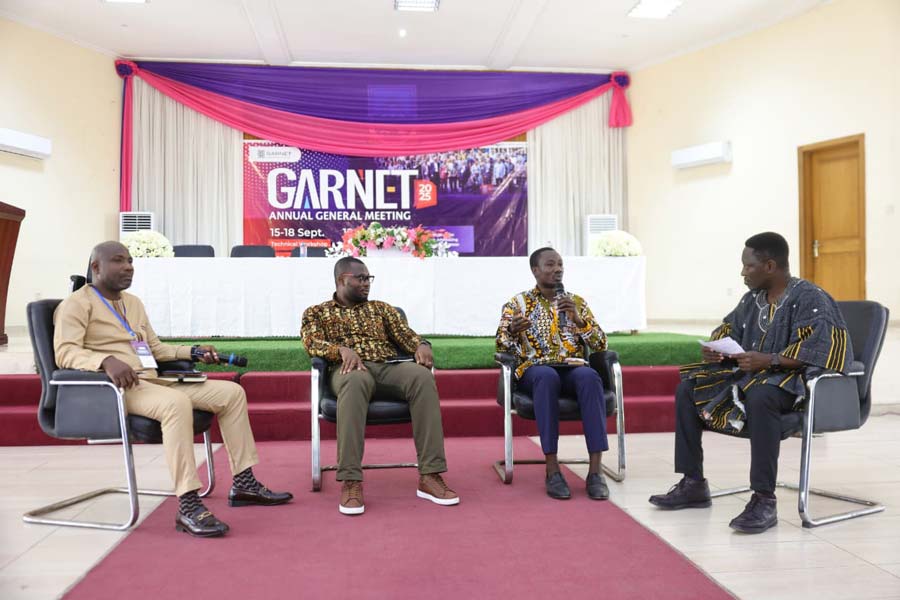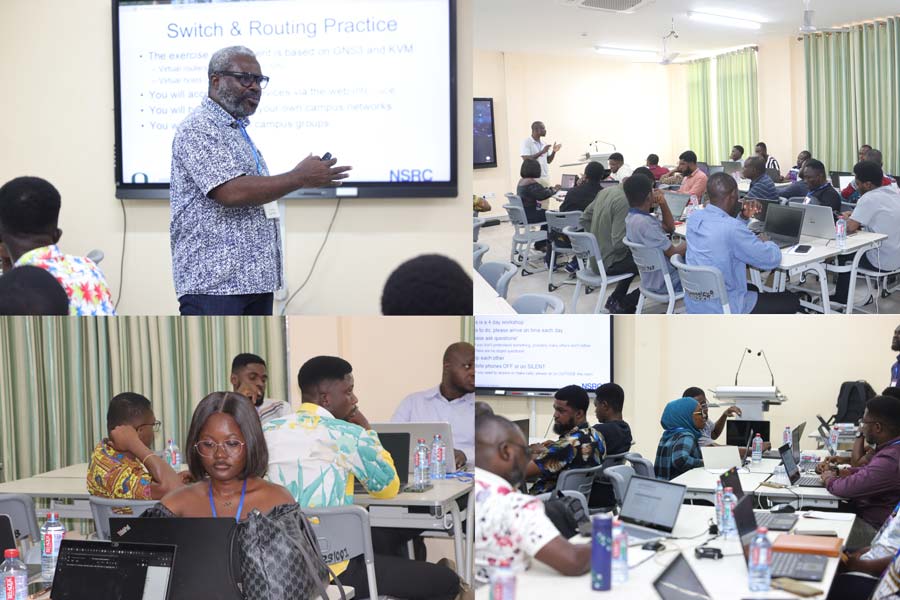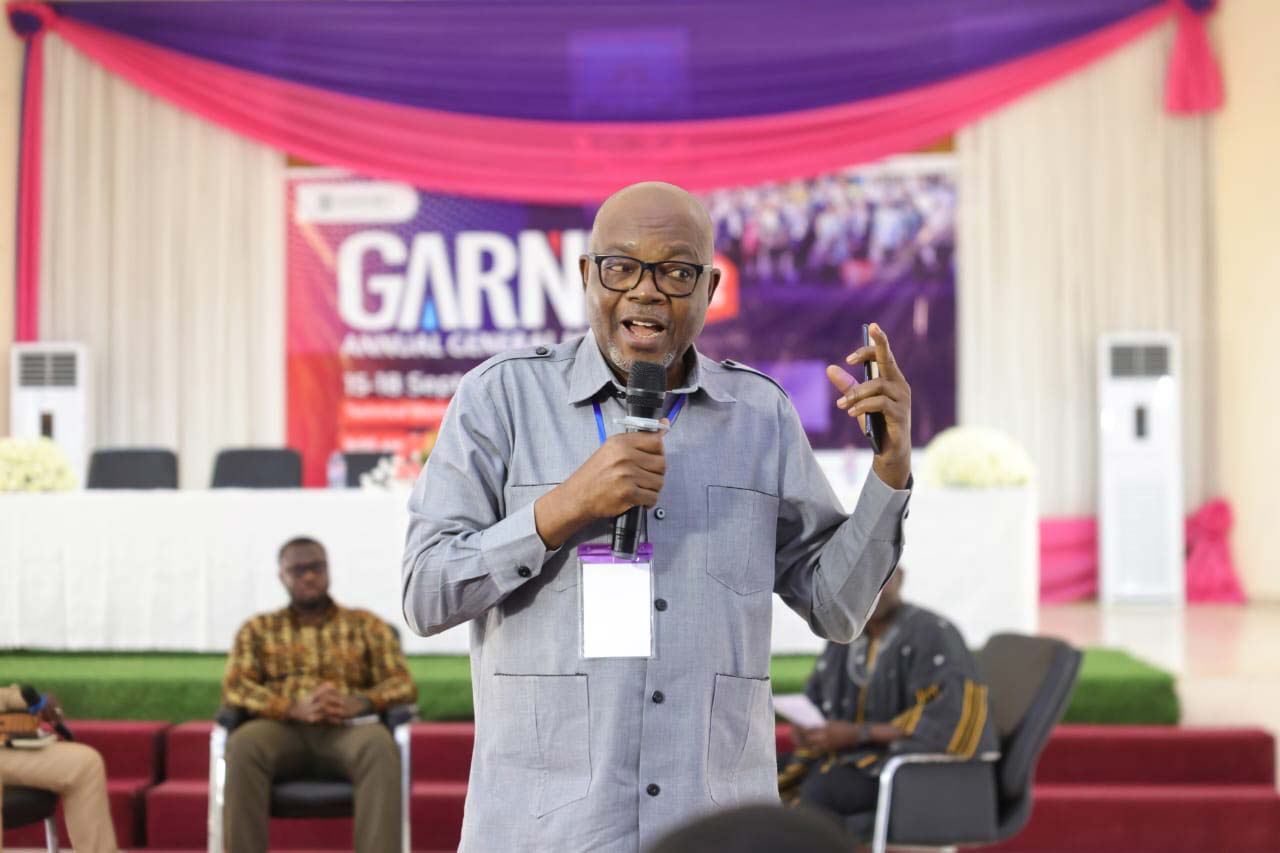The Ghanaian Academic and Research Network (GARNET) has underscored the urgent need for Ghana to adopt artificial intelligence (AI) and modern information technologies to combat illegal mining, popularly known as “galamsey,” which is currently devastating forests, water bodies and farmlands.
This call was made during its 6th Annual General Meeting (AGM), hosted by the University of Mines and Technology (UMaT) under the theme, “Harnessing AI Tools in the Fight to Restore Our Forests and River Bodies” on Friday, 19th September 2025
Addressing the theme, the Chief Executive Officer (CEO) of GARNET, Mr. Lucas Chigabatia, noted the critical need for innovative solutions to tackle one of Ghana’s most pressing environmental challenges.
He observed that Ghana’s greatest challenge to be the preservation its forests and water bodies, adding that discussions at the AGM were significant because the issues at stake were matters of survival. He urged members to return to their institutions and communities to share knowledge from the meeting and to play a role in educating and enlightening Ghanaians about the dangers of galamsey. He further encouraged participants to use their positions in academia and research to drive public awareness and influence attitudes, even within families and communities.
Delivering the keynote address, Professor Austin D. Ablo of the University of Ghana’s Department of Geography and Resource Development painted a stark picture of the destruction caused by galamsey. He pointed out that the menace was not only depleting forests and polluting water bodies but also contributing to crime, child labour, prostitution, and long-term health problems linked to heavy metal contamination. He disclosed that an estimated 34,000 hectares of forest are lost annually to illegal mining, while more than 70 percent of rivers in mining areas had been polluted with mercury.
Prof. Ablo cautioned that the country was sacrificing its future for short-term interests, stressing that current interventions such as moratoriums, task forces, and equipment seizures had only yielded temporary gains while long-term destruction persisted. He noted that past approaches had been reactionary and unsustainable, and argued that artificial intelligence presented a new opportunity. He explained that AI-powered satellite monitoring, remote sensing, and real-time data analysis could give authorities the tools to detect and stop illegal mining before irreversible damage occurs.

The 6th GARNET AGM was climaxed with a panel discussion on the theme “Leveraging AI for Sustainable Resource Management and Environmental Protection.” The panel featured Dr. Ishmael Quaicoe and Dr. Jamel Seidu, both of UMaT, alongside Dr. Emmanuel Kitcher of the University of Environment and Sustainable Development (UESD).
Prior to the AGM, a four-day training programme on Campus Network Design Principles was held from 15th to 19th September, with participation from ICT representatives of public and private universities across Ghana.












